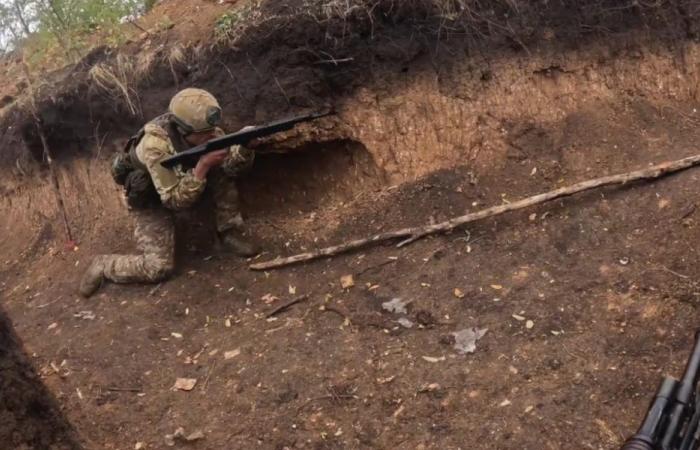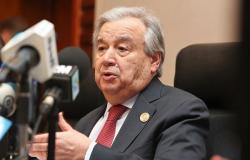China is due to announce major stimulus measures on Friday to support its ailing economy, all the more crucial ahead of a potential new trade war with US President-elect Donald Trump.
Economists expect that parliamentarians, de facto subject to the ruling Chinese Communist Party (CCP), will give the formal green light to hundreds of billions of euros in aid during the day.
This liquidity should in particular be used to help indebted local authorities but also banks, so that they can deal with non-performing loans over the last four years.
The American presidential election was obviously closely followed this week by the Chinese executive, at a time when the members of the supreme body of Parliament (the “standing committee of the National People’s Congress”) are meeting in Beijing.
Because Donald Trump has promised to impose customs duties of 60% on imported Chinese products. A threat which, if carried out, risks worsening the situation for the Chinese economy, already struggling with a real estate crisis and sluggish consumption.
China could therefore want to cushion the potential explosion with economic shock treatment, strong measures, long awaited by many analysts.
The parliamentary meeting, initially scheduled for the end of October, was probably postponed to allow “policy makers to react to a possible Trump victory”, says Lynn Song, economist for ING bank.
“The chances of having a larger recovery plan increase significantly with a victory” for the Republican candidate, he underlines.
“Pression”
But Donald Trump’s return to the White House is “not necessarily a bad thing for China, as it could push Beijing to take greater stimulus measures,” said Qi Wang of UOB Kay Hian Wealth Management. .
Chinese state media reported this week that lawmakers had considered a bill to raise debt limits for local governments.
This measure would notably allow local governments to borrow more to buy vacant land or unfinished real estate projects, with the aim of getting the real estate sector out of its current slump.
The authorities have announced several rounds of measures in recent weeks to stimulate activity, including rate cuts and the easing of restrictions on home purchases. But many investors have criticized the absence for the moment of a major quantified recovery plan.
The re-election of Donald Trump makes these measures even more urgent, according to analysts. Although caution remains necessary because accumulating additional debt could also destabilize the markets.
“The stimulus measures could be greater, but that also means that the pressure will also be greater” due to the threats of the American president-elect, notes Gary Ng, economist at Natixis.
And even with the announcement of a major plan, “the market could still not be satisfied with these economic stimuli”, he underlines.
Exports on the rise
Chinese Prime Minister Li Qiang declared this week that he was “fully confident” in his country’s ability to achieve its economic growth target of “around 5%” for 2024.
And this, even if the Asian giant experienced its weakest quarterly growth in a year and a half in July-September (at 4.6%).
However, positive signals have been recorded recently.
Factory activity increased last month – a first since April. Exports also jumped in October at their fastest pace in more than two years, according to data released Thursday.
But China must “not rely on exports to carry the economy,” warns Zhiwei Zhang, chief economist at Pinpoint Asset Management.
“I expect fiscal policy to be more proactive next year and become a pillar of growth,” he says.
This article was automatically published. Sources: ats / awp / afp






